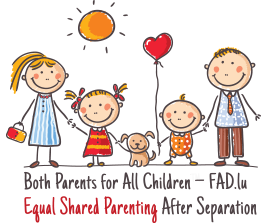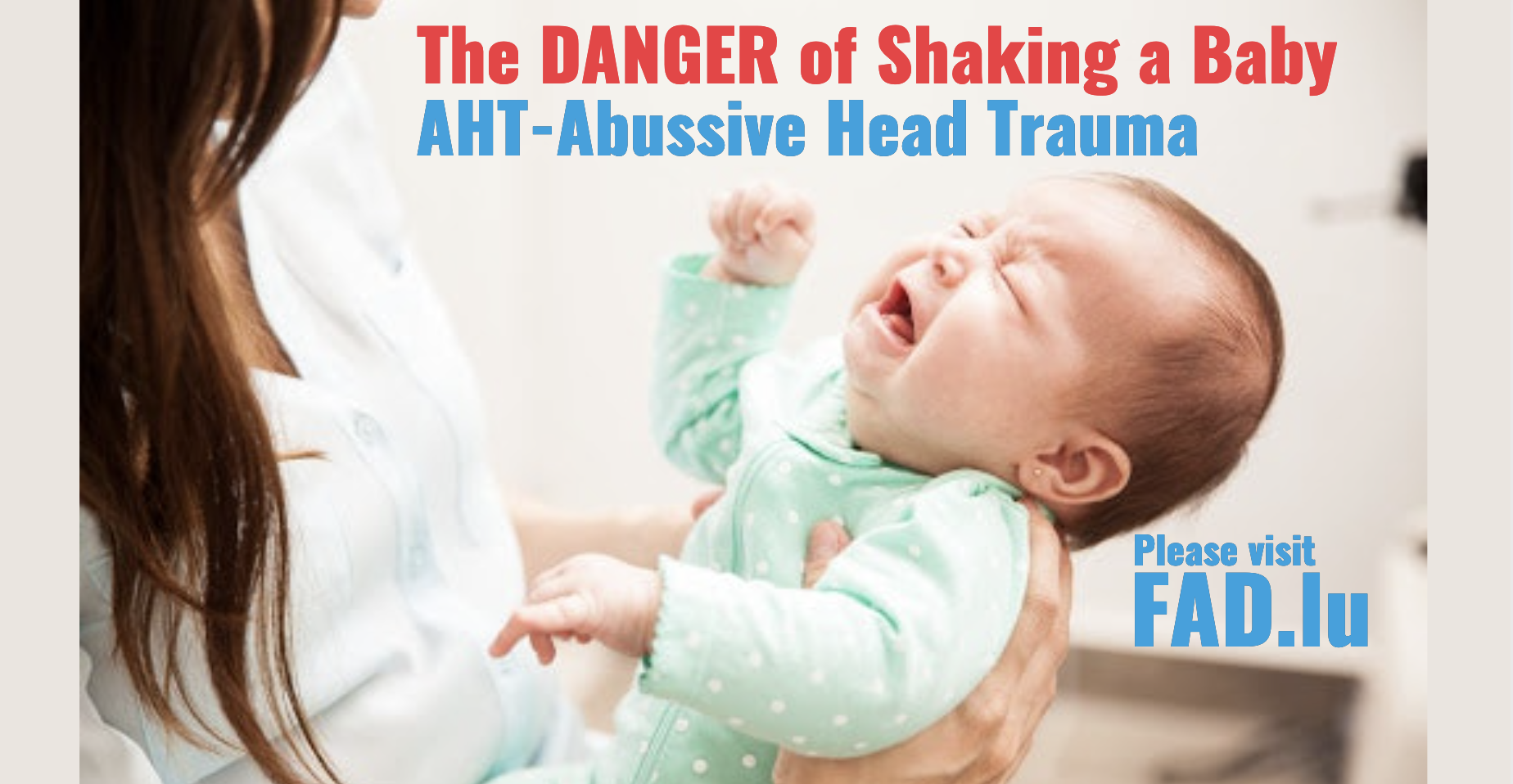




What Is Shaken Baby Syndrome?
Shaken baby syndrome is a serious brain injury that happens to a baby or young child when it’s shaken with force. The impact kills the baby’s brain cells and keeps oxygen from getting to their brain.
Shaken baby syndrome is a form of child abuse. When a baby is shaken hard by the shoulders, arms, or legs, it can cause learning disabilities, behavior disorders, vision problems or blindness, hearing and speech issues, seizures, cerebral palsy, serious brain injury, and permanent disability. In some cases, it can be fatal.

What Shaken Baby Syndrome Is Not
Shaken baby syndrome is different from gently tossing a baby playfully into the air or bouncing a baby on your knee. Though their brains and necks are fragile, babies are also unlikely to get shaken injuries by falling off furniture or making sudden stops in a car.
Shaken Baby Syndrome Symptoms
Being shaken affects babies in many different ways. Symptoms include:
You may notice bruises on the arms or chest in the places the baby has been grabbed. Other physical signs include:
Babies with shaken baby syndrome may also have symptoms you can’t see, such as:
In mild cases, behavior, health, or learning issues show up later on.
Causes of Shaken Baby Syndrome
It takes infants a while to hold their heads up. That’s because their neck muscles start out weak and get stronger as they grow. The same goes for their brains, which still need time to develop.
When a baby is shaken, its brain can bounce between the front and back of its skull. This causes it to bleed, bruise, and swell. It only takes a few seconds of aggressive shaking for this to happen.
Risk factors that lead to shaken baby syndrome
Babies bring a lot of joy, but there can also be moments of frustration if you feel like you can’t console their crying. Most caregivers handle those times just fine. But if those feelings boil over, it can cross a line. Certain things can increase your risk of crossing that line, including:
Shaken Baby Syndrome Diagnosis
Because shaken baby syndrome can affect so many different parts of a child’s health, there may be more than one doctor or specialist involved in the diagnosis. Depending on the child’s level of injury, the tests may be done in doctor’s offices or a pediatric intensive care unit.
To check the brain, doctors may use a CT scan to look for injuries that need immediate attention. MRI scans also show doctors detailed areas of the brain.
X-rays of other body parts, like the arms, legs, spine, and skull, show fractures and whether they were created by force or accident.
To check for eye injuries and bleeding, doctors may do an eye exam.
Some disorders can mimic the symptoms of shaken baby syndrome. To rule those out, doctors may order blood tests.
Shaken Baby Syndrome Treatment and Prevention
Treatment for shaken baby syndrome depends on the injury. Surgery may be needed in an emergency. Some children will need care for the rest of their lives.
Shaken baby syndrome is 100% preventable. It starts with making sure all the baby’s caregivers — parents, grandparents, baby sitters, nannies, etc. — understand two things:
Sometimes you can stop the crying by rubbing the baby’s back, singing, using “white noise” from an app or the sound of running water, taking a walk, or using a pacifier. Sometimes nothing seems to work. That’s when you especially need to manage your feelings.
Have a plan in place. If you feel pushed beyond your limit, put the baby on their back in a safe place — or inside your home in a car seat with the baby strapped in on the floor (never leave your little one alone in the car!) — and step away for a moment. Call someone you trust — even your neighbor — who’ll listen to your frustrations. As you talk, check on the baby every 5 or 10 minutes. You could also ask someone to watch your baby for half an hour while you take a walk and collect yourself.
If you notice your caregiver or another parent struggling, be supportive and suggest a safe place they can take the baby when they need a break. Like babies, sometimes parents and caregivers just need to cry and be comforted.
Shaken Baby Syndrome Complications
Forcibly shaking a baby, even briefly, can cause permanent brain damage. The results can be serious and long-lasting, and include:
Most of these complications require lifelong care.


